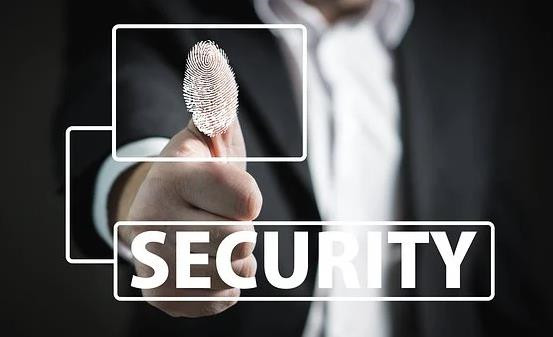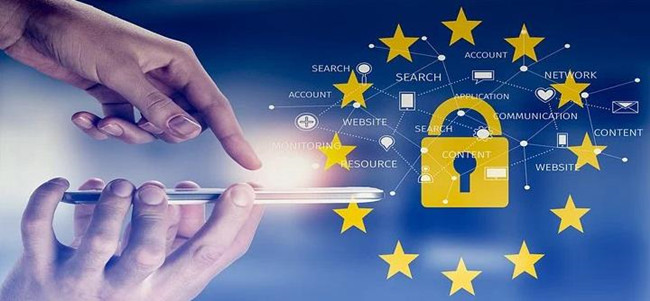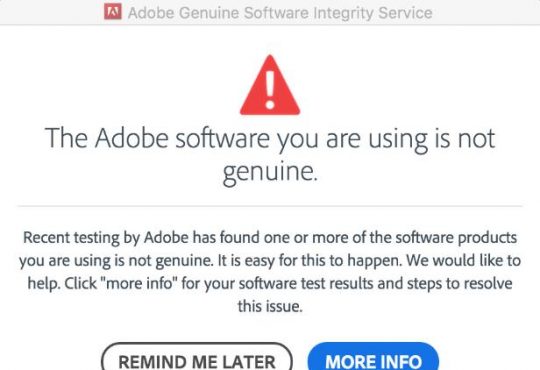One of the most precious things in the 21st century is one’s data. Keeping passwords, financial details, and any other sensitive information private has been a priority for both businesses and individuals for the longest time.
Despite the many perks we enjoy from technology, however, one thing is for sure. It has also introduced ways through which prying eyes and ill-minded individuals can gain access to one’s private information and use it for their own selfish gains.

As you might already know, these individuals normally target information that is shared online over the internet or networking channels. Smartphones, laptops, and other networking devices are also a common source of leaked private data.
Thankfully, there are various ways you can ensure cybersecurity and protect sensitive information. In this piece, we shall cover a few tips on how to successfully secure your data from loss, hacking, and other challenges.
1. Back-Up Your Data
Securing your data does not only refer to protecting it from unwanted access. It also means ensuring you can get it back in case you lost it. This is one of the basic yet overlooked data protection tips. The method involves creating a copy of your data so that when your device is lost, stolen, or compromised; you can always get your data back.
Therefore, before you begin looking for complex ways of making sure your data is protected, consider backing up your data. Multiple back-ups ensure your information is well protected in case more than one of your devices are compromised. Cloud storage is paramount here, which brings us to the next important point.
2. Using Reputed Cloud Services
When you want to make sure that your hardware doesn’t limit you from accessing your data, the cloud is an ideal back-up option. All you need to do is choose a good cloud back service provider, go over the details, and back up your data.
Since the data will not be stored locally, hardware should limit you from accessing your data. The folks at BackBlaze recommend getting a reliable cloud backup solution, so you are sure that your data is safeguarded. It also allows easy access to authorized persons despite their location.
3. Data Encryption
This one of the most effective data security means that modern technology has come up with. Originally, encryption used to be restricted to mathematicians and geeks. Today, however, many tools have taken rocket science out of encrypting and decrypting data.
The many tools or applications out there will scramble your data and make it very hard for any intruder or prying eyes to read or understand the data. To them, your data will appear as scrambled, so decrypting it will be a hassle.
4. Updating Your Operating System
Operating systems are always being updated now and then. For many users, this is a pain that they do not want to go through and hence go for quite some time without bothering to install these updates. One thing you should note, however, is that these patch updates are meant to fix vulnerabilities in your system that would otherwise put your data at risk.
When threats are discovered, the developers have to look for ways to protect their users from these threats, and hence the patch updates from time to time. Ensure to take these updates seriously if your data is going to be secure.
5. Securing Your Network
One of the paths that hackers and other people with ill intentions will use to get to your data is your network. You must have heard never to access sensitive information using a public network unless you have a strong VPN installed. This is because you will be sharing a connection and anybody with the right know-how can access your information.
To keep your data safe from prying eyes, it is important to use a private network, preferably your phone’s hotspot connection when accessing sensitive information. If you need to use a public connection, it is best to use a VPN to secure your connection.
6. Installing Anti-Malware Software on Your Device
One of the most common issues plaguing most computers is malware, commonly referred to as viruses. They are known to creep in the most inconspicuous places, laying a threat to your data. Malicious software can make access to your data very hard.
Most operating systems will come with malware protection software, but it is usually advisable to include one of your own that is more advanced.

Data security has become a sensitive part of our lives. Most if not all of us have precious information to protect. Well, information security is a gigantic topic that would probably require an entire book. To successfully secure your data, however, the tips enlisted in this piece should be helpful.
More Articles:
Fixed: Potential Windows Update Database Error Detected
How to Clean History, Cache, Data, Cookies in Microsoft Edge
Fix PCI Data Acquisition and Signal Processing Controller Error





